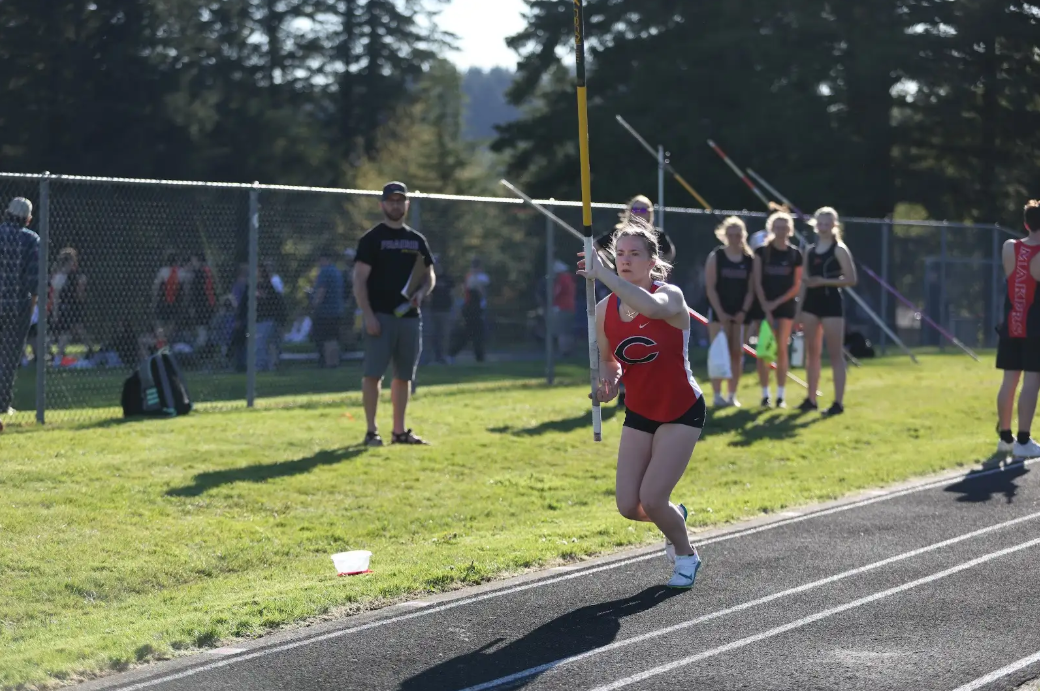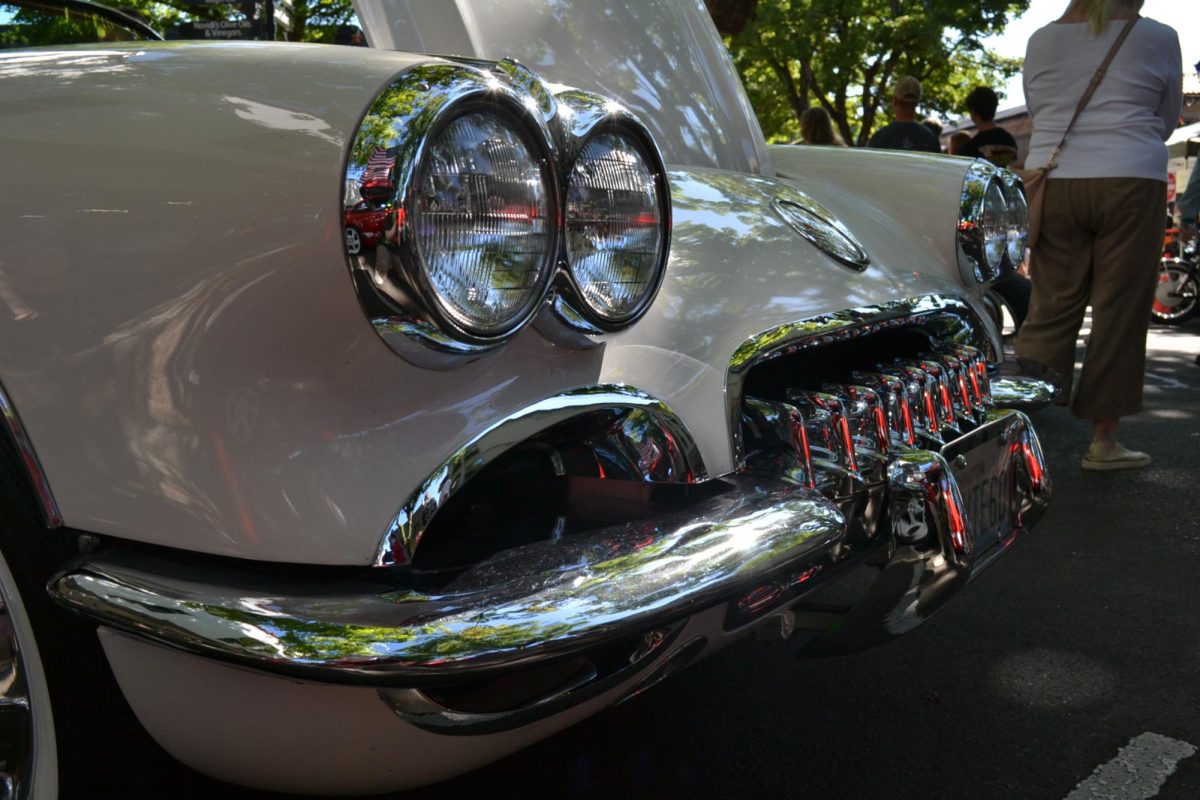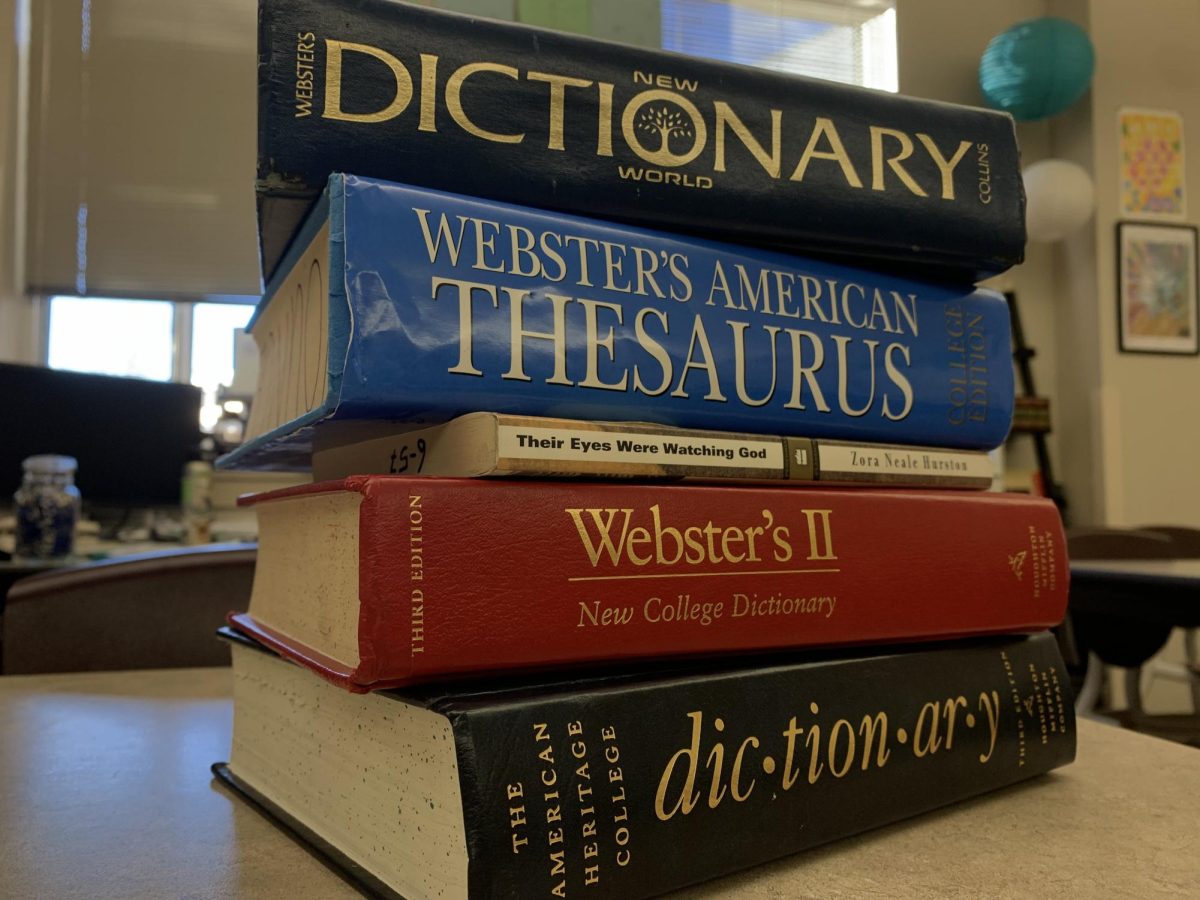Over the last few years, African American Vernacular English (AAVE), or black slang, has gained traction on social media with the younger demographic, specifically on TikTok and Instagram. Along with the expansion of African American fashion, music and food, slang has been a more popular discussion in the media and Camas High School (CHS), where many students utilize it. However, are students truly familiar with its cultural significance and background, or is it another trend they have caught on to from the media?
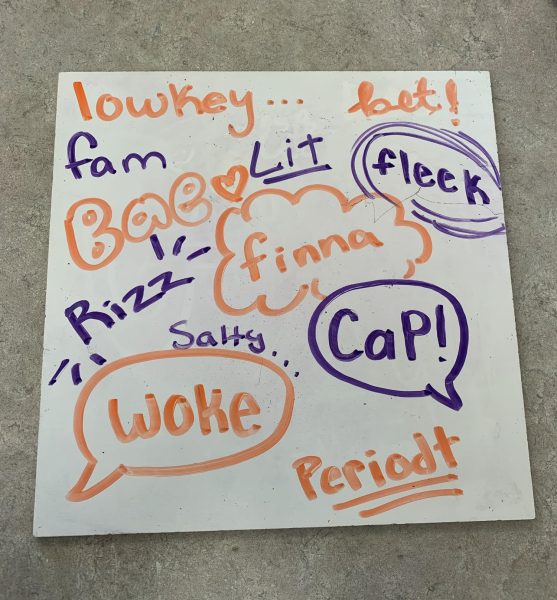
CHS’s Black Student Union (BSU) shares firsthand their opinions on using black slang around the school.
“I don’t think you can gatekeep slang,” BSU president and senior Sophia Wade said, “[However], you’ll shame black people for using that kind of slang, but the moment [white people] do, it’s cool.”
The discussion of AAVE can be tricky as there are not many people of color (POC) at CHS, so the usage of black slang is most likely coming from media outlets rather than an organic source, which can lead to misuse and disrespect.
Before AAVE grew popular in the media, it was historically seen as improper English and black people were seen as uneducated, poor and lazy in society. Now that AAVE is on the rise in everyday conversations, it has been labeled as trendy and cool without necessary regard to its background, like the way many other pieces of African American culture have been treated in the past. However, not every student is uneducated about AAVE’s background.
Evelina Yasinsky, a student at CHS, does not personally use black slang, but she can appreciate those who do and where it comes from.
“I think there are a lot of people that use [AAVE] in a really cool way. I think it’s a really cool way to show African American culture,” Yasinky said.
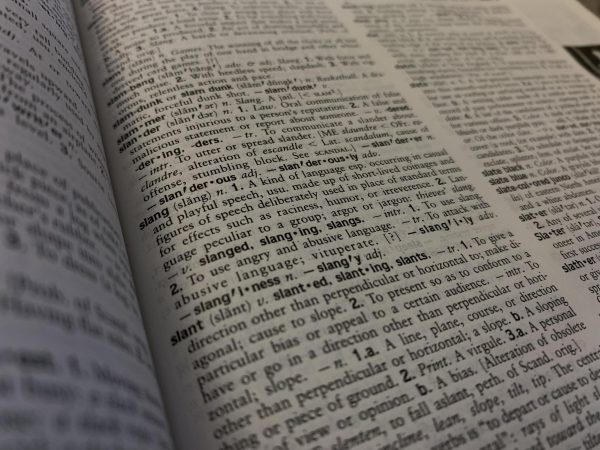
Yasinsky notices the use of black slang in social media and at school but uses slang from her Slavic culture instead of AAVE. In that way, she can understand where the discussion of cultural appreciation and appropriation comes from.
From another perspective, CHS counselor and BSU advisor Brian Witherspoon believes that music and social media influence students’ usage of black slang in their vocabulary, as he has noticed students listening to rap music throughout the school. Witherspoon says he does not mind students using AAVE as long as they are respectful. He says students must be careful when misusing words and phrases when not from someone who uses them regularly.
“[AAVE] is what [students] hear in music or see on social media. If [using AAVE] is not from their own personal interactions, it could be interpreted differently,” Witherspoon said.
The consensus of people of color in CHS is that the respectful use of AAVE depends on the individual’s knowledge of its historical background. As highlighted before, culture can’t be policed by anyone. Still, people who use Black slang can be educated on its significance so it’s used in a beneficial manner rather than in an uneducated or inconsiderate way.











